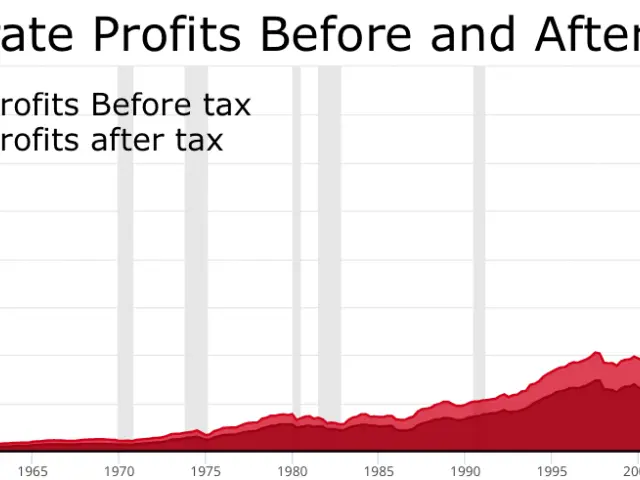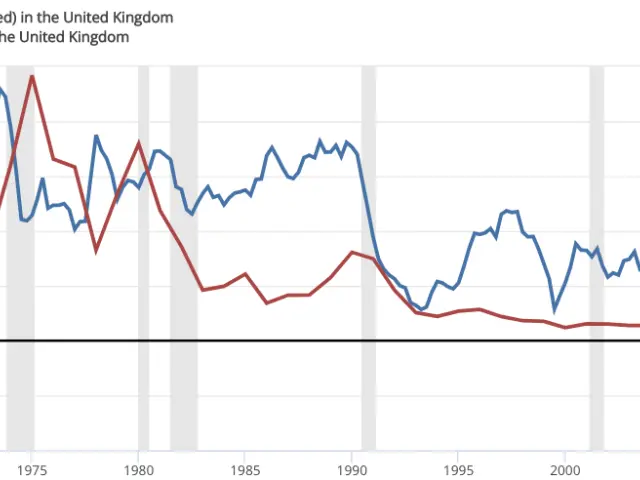Fed's Interest Rate Hike Fueling Concerns Over Dax's Performance Falling Short
In the wake of the US Federal Reserve's rate hike, the German stock market, particularly the Dax, is anticipated to dip on Thursday. Preliminary calculations from banks and brokerages suggest a lower opening for the Dax. The market closed 0.6 percent lower on Wednesday at 13,256 points.
Although the 75 basis point increase in US interest rates was predicted, Fed Chair Jerome Powell's comments dampened investors' hopes for a pause in rate hikes. He underscored that, given the ongoing high inflation, it would be premature to consider a halt.
Several German companies, like BMW, Zalando, and Hannover Rück, are set to release their earnings reports. US economic data, such as the trade balance and productivity figures, will also garner attention.
However, it's essential to note that the current context revolves more around expectation for European Central Bank (ECB) rate cuts and trends in German inflation rather than immediate repercussions from the US Federal Reserve's rate hike. The German DAX has recently exhibited signs of resilience, partly due to a slowdown in inflation. This development has boosted investor optimism about lower borrowing costs, which is particularly favorable for rate-sensitive sectors such as industrials and financials.
Some of the key drivers for the DAX lately include bets on multiple ECB cuts starting in June and the influence of global factors, such as US tariff policies and China's economic health, on German exporters. Despite the expected dip in the Dax following the US rate hike, the current trend in German inflation and ECB policies fosters a somewhat optimistic outlook. Nevertheless, persistent inflation above 2% could put pressure on margins.
Behind the upcoming earnings reports of companies like BMW, Zalando, and Hannover Rück, a stressing aspect for investors lies in the finance sector, given the potential impact on business earnings. Particularly, the early release of Hannover Rück's earnings report will be closely observed. The economic health of China and US tariff policies are global factors that influence German exporters, and therefore, their influence on companies like Hannover Rück is worth noting. Despite the anticipated dip in the Dax following the US rate hike, the current trend in German inflation and the ECB policies foster a somewhat optimistic outlook for the financial sector. However, persistent inflation above 2% could potentially put pressure on margins for rate-sensitive sectors like financials.





